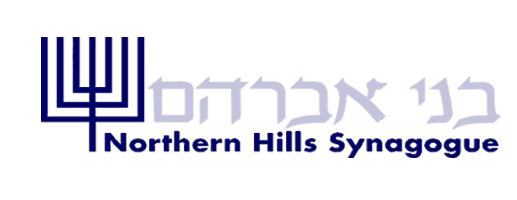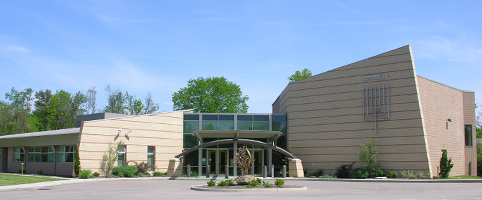In recent years, with the increase in the numbers of Jews by choice among us, certain questions, which were once of largely theoretical interest, have gained practical significance. Among these is the question of how Jews by choice should mourn when their non-Jewish relatives die. The answer to the question is quite simple: Jews by choice should sit shiva, say kaddish, etc. when non-Jewish relatives die just as they would if the deceased had been Jews. I am surprised at the degree of confusion there is on this issue, because the matter is really quite straightforward.
Now, there are two reasons why one might think that the situation of Jews by choice is different from that of other Jews. The first is the notion that one performs rituals of mourning "for" one’s deceased relatives, that the rituals of mourning are related to the lives of the deceased. Really, though, mourning practices of all kinds should be seen as part of the life of the bereaved. As human beings, we mourn the death of loved ones. As Jews, whether Jews by choice or Jews by birth, we mourn in Jewish ways.
The second reason why one might think that Jews by choice should not observe the usual Jewish forms of mourning is the Talmudic dictum that "one who converts to Judaism is like a new-born child" (Yevamot 22a and elsewhere). This dictum points to the total allegiance that Judaism demands. In principle, then, a Jew by choice does not have any continuing relationship to people from his or her former life. However, the Talmud itself retreated from the starkness of that position, and later Jewish authorities continued on the same path. The contemporary Orthodox Rabbi Maurice Lamm, in his popular book, The Jewish Way in Death and Mourning, somewhat tentatively approves of converts’ observing mourning on the death of non-Jewish relatives. In a later work (Becoming a Jew), Lamm approves of such mourning in clearer terms.
I have always taken the position that, while in a narrow, technical, sense, Jews by choice may not be obligated to observe Jewish mourning rituals after the death of non-Jewish relatives, they certainly ought to do so. The rationale for this position is what I have stated above: as human beings, we mourn the loss of loved ones, and, as Jews, we do so in a Jewish way.
Recently, the Committee on Jewish Law and Standards of the Rabbinical Assembly has approved a responsum, written by Rabbi Joel Rembaum, which goes even further than anything which I have mentioned so far. According to Rabbi Rembaum, Jews by choice are unconditionally halakhically obligated to observe Jewish mourning practices when their non-Jewish relatives die.
There is one complication of which we must take account. The whole movement away from the original Talmudic position, that a Jew by choice has no non-Jewish relatives, has been based on a recognition of the human reality behind the various halakhic categories. That reality dictates that the Jew by choice join with the non-Jewish bereaved in mourning their common loss. Such solidarity may interfere with the observance of Jewish mourning practices. The general outline of how one ought to proceed is clear, although the details will vary from situation to situation. A mourner who is a Jew by choice should join with his or her non-Jewish family in mourning their loss, to the extent that such observance does not violate Jewish religious principles. Thus, for example, one may attend a funeral mass, but one may not take communion. One should spend time with one’s non-Jewish relatives, but one should, as soon as possible, seek out a Jewish community in order to say kaddish and sit shiva. (Like, me, Rabbi Rembaum notes this complication. I believe that my approach to the subject accommodates it better than does his.)
The vitality of Judaism is shown by its ability to address new situations without losing its integrity. "It is a tree of life to those who hold fast to it, and its adherents are happy. Its ways are ways of pleasantness, and all its paths are peace" (Proverbs 3:18, 17).

